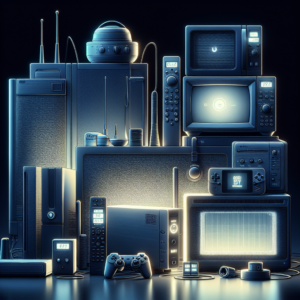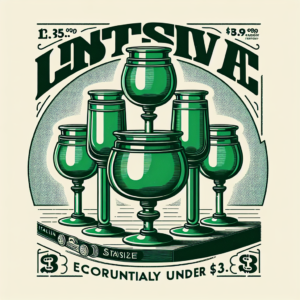In South Sudan, the stories of resilience and struggle of many women emerge in the midst of a difficult environment. Awrelia, originally from Wau, represents the power of female leadership in a society where women are often excluded from education and face severe limitations. From her childhood, Awrelia has had to deal with cultural pressure that discouraged her desire to learn, being forced to marry at the age of 14. Despite these challenges, she has persevered, raising her eight children alone after the death of her husband.
Awrelia’s life has been full of obstacles, but her determination to support her family and fight for a better future for women in her community is admirable. With the International Day for the Elimination of Violence against Women approaching, her testimony resonates strongly. “They say we are just women, as if our voices don’t matter,” reflects Awrelia, highlighting the lack of recognition that women face in her environment.
A significant change in her life came when she participated in a women’s leadership training program organized by the International Organization for Migration (IOM). This initiative not only aims to empower women through education, but also to provide a safe space for mutual support and personal growth. Awrelia is excited to learn that leadership involves justice and peaceful conflict resolution.
Despite the lack of funding, she has started to reorganize her local women’s group, encouraging solidarity and the sharing of experiences. In South Sudan, women are responsible for the majority of households in many communities, representing up to 80%. Their increasing visibility and recognition in their communities show the positive impact they can have when taking on leadership roles.
Awrelia’s testimony is a beacon of hope, not only for her own life and that of her children, but also for future generations of girls in her country. Her story highlights the importance of education and opportunities that many women have yet to enjoy, paving the way for greater gender equality and access to fundamental rights.
Referrer: MiMub in Spanish










